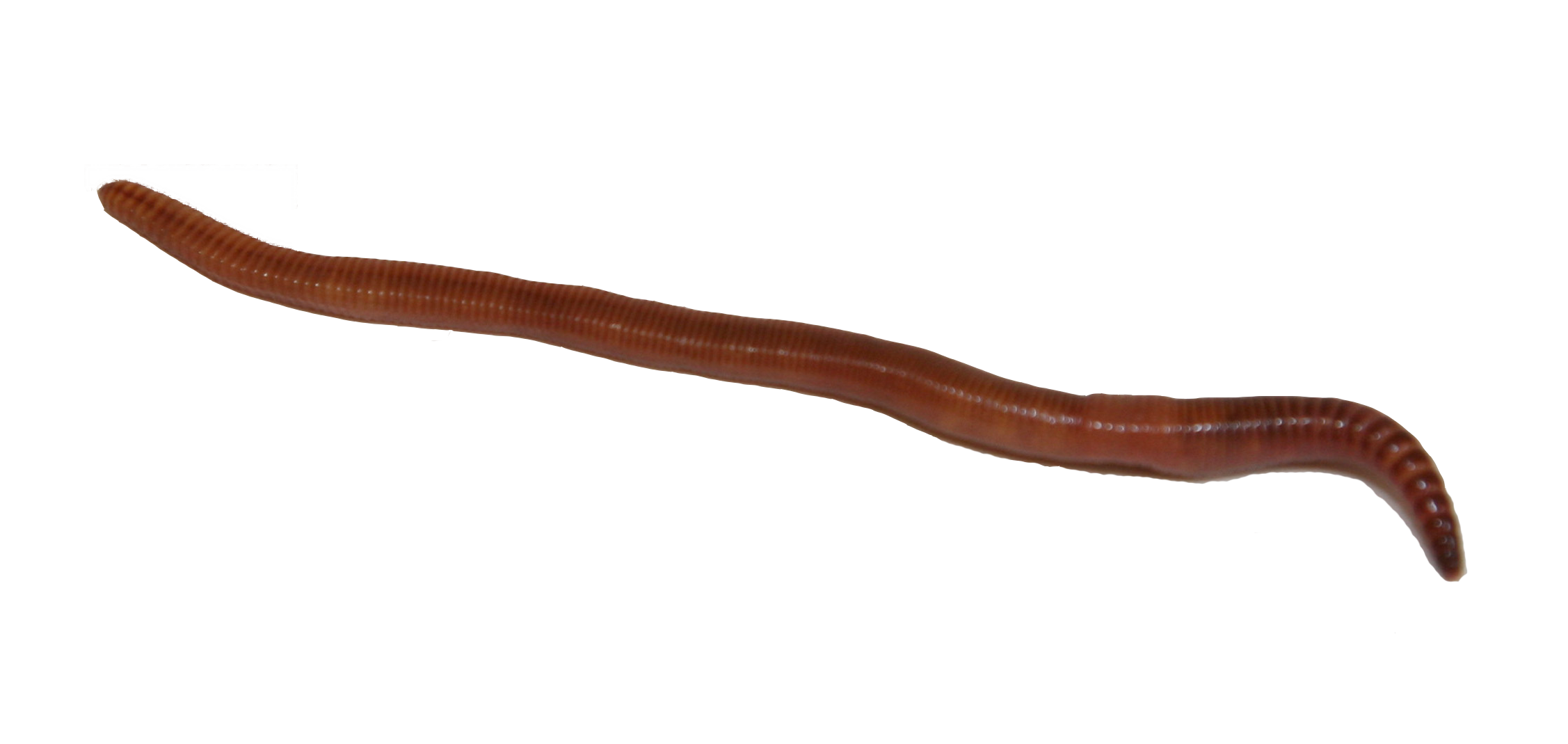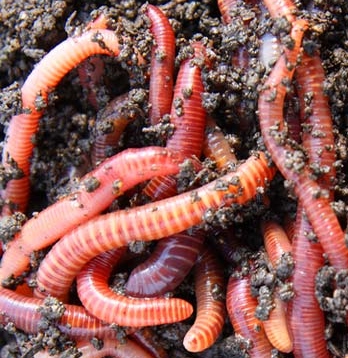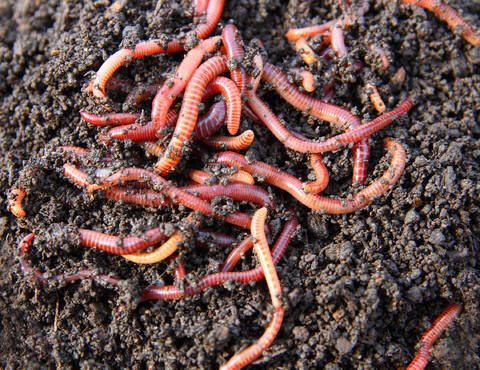Red worms: A beginner’s guide
Wiki Article
Why Red Wigglers Are Necessary for Organic Farming
Red wigglers play a crucial function in organic farming, mostly via their special capability to decay organic products and enhance soil health. The extent of their effect on farming methods and dirt biology elevates fascinating inquiries about the future of natural farming.Function of Red Wigglers in Dirt Health

In addition, red wigglers boost dirt structure by developing networks as they burrow. These networks boost oygenation and water infiltration, promoting a much healthier origin setting. Their task likewise helps in keeping optimal moisture levels, which is important for healthy and balanced plant development.

Benefits of Worm Spreadings
Worm castings, the nutrient-rich excrement generated by red wigglers, work as an effective modification for natural farming. These spreadings are replete with crucial nutrients such as nitrogen, phosphorus, and potassium, which are crucial for plant development. Unlike artificial fertilizers, worm spreadings launch nutrients gradually, providing a stable supply gradually and minimizing the risk of nutrient leaching and runoff.Furthermore, worm spreadings boost dirt framework and oygenation, promoting much healthier origin systems. Their high organic issue web content improves dampness retention, allowing plants to better withstand dry spell conditions. In addition, worm castings have useful microorganisms that sustain plant health by subduing pathogens and improving nutrient uptake.
The application of worm castings can bring about boosted plant returns and improved top quality of produce, making them an invaluable resource for natural farmers. Their use likewise aligns with sustainable farming methods, contributing to soil fertility without the adverse ecological influences related to chemical plant foods. Overall, the consolidation of worm spreadings into agricultural practices promotes a much more durable and productive environment, emphasizing the importance of red wigglers in chemical-free farming systems.

Enhancing Nutrient Biking
(red wigglers eisenia fetida)Nutrition cycling is a vital process in natural farming, and the integration of red wigglers plays an essential duty in enhancing this cycle. As red wigglers take in decaying organic issue, they excrete nutrient-rich spreadings, which are bristling with useful germs.Moreover, red wigglers assist to increase the mineralization of nutrients, transforming them from inert types right into bioavailable kinds that plants can absorb. This procedure is crucial for preserving soil fertility and promoting healthy plant development. The presence of red wigglers also urges a varied dirt ecosystem, fostering an equilibrium of nutrients that supports different plant types.
Improving Dirt Framework
The enhancement of soil framework is essential for fostering a healthy agricultural community, and the task of red wigglers dramatically adds to this renovation. These earthworms play an essential function in aerating the soil and creating a network of networks that promote water seepage and origin penetration. As they burrow through the soil, red wigglers separate compressed layers, permitting better oxygen exchange and promoting microbial task.In addition, the organic issue generated from their waste, recognized as vermicast, enhances dirt aggregation. This process develops secure clumps of dirt fragments, boosting dirt porosity and reducing disintegration (red wigglers). The visibility of red wigglers also motivates the growth of valuable fungal networks, which are crucial for nutrient uptake by plants
Encouraging Sustainable Practices
Incorporating red wigglers right into chemical-free farming methods not only boosts dirt health and wellness however likewise promotes lasting agricultural methods. These earthworms play an essential function in nutrition cycling, changing organic waste into beneficial compost that enhances the soil. By making use of red wigglers, farmers can successfully decrease dependence on synthetic plant foods, consequently reducing chemical runoff and its detrimental effects on communities.Furthermore, the consolidation of red wigglers motivates the practice of reusing organic materials, such as cooking area scraps and farm waste. This waste reduction strategy not just decreases disposal expenses but likewise cultivates a closed-loop system where nutrients are continuously gone back to the dirt (red wigglers). Such practices are crucial in reducing environment change, as they improve carbon sequestration and minimize greenhouse gas exhausts
Furthermore, red wigglers boost water retention in the soil, which is vital in times of dry spell. Their burrowing activities produce useful content networks that allow water to pass through much deeper right into the ground, thus promoting reliable water use. Inevitably, integrating red wigglers into natural farming not just supports biodiversity but likewise straightens with the principles of sustainable agriculture, using a holistic method to food manufacturing.
Verdict
In conclusion, red wigglers play a crucial role in organic farming by significantly boosting dirt wellness and fertility. Hence, the combination of red wigglers into agricultural methods is important for promoting sustainability and improving total dirt quality.Report this wiki page